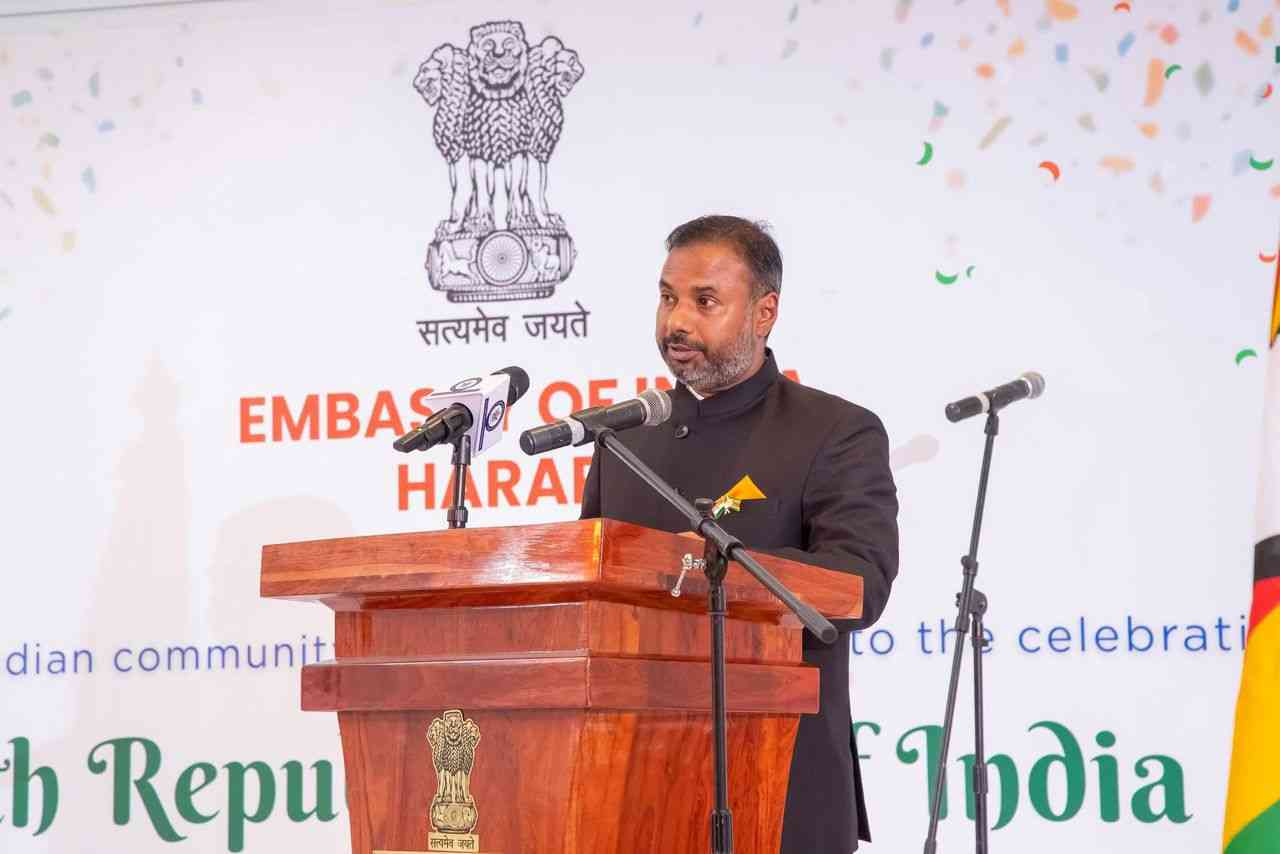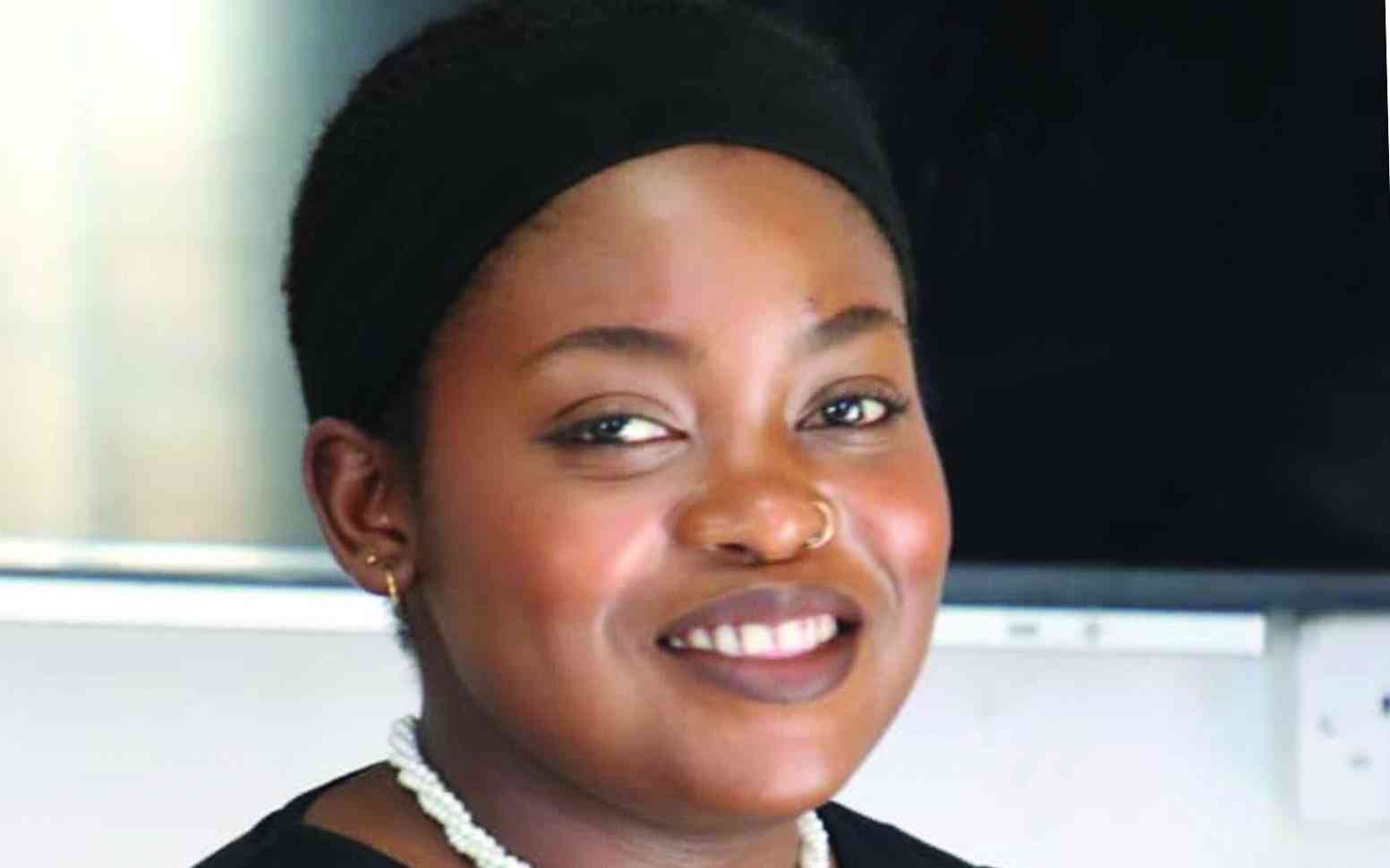
THERE is mounting crisis facing long-term sustainability of journalism. It could be technologically or economically-induced, but one thing for certain is that the industry is under threat. The turbulence and shifts caused by digital disruption are here to stay and there are no signs of the situation going back to normal anytime soon.
But there is a window of opportunity for publishers to remain competitive. The media industry in Zimbabwe needs to employ measures that guarantee continuity in the digital era.
The goal is rich journalism, which provides more efficient, effective and engaging reading experience such as videos, podcasts and interactive graphs. This speaks to diversification and quality as the news strategic imperatives.
No doubt, only quality journalism will attract huge readership because it appeals to many interests and reliability for decision making. While in Zimbabwe there is debate on who qualifies to be a journalist and which journalism school is the best, every practicing journalist particularly editors, complain a lot about the crop of young journalists being produced by various training colleges and universities.
There is a huge gap between our training colleges and the newsroom ecosystem. Many editors complain on everything, including young journalists’ failure to master basic grammar and knowledge of current affairs. Senior journalists who have stayed in the newsrooms for more than 30 years or so speak in quavering voices each time they narrate how standards of journalism have dropped with no chance of recovery.
Of course, the current wave of having journalism training schools own radio stations is commendable, but is there a commercial plan on that or a clear model to grow that stations? This is best answered by proprietors.
But in a world where everything is fast-changing, there is need to bridge the gap between journalism schools and the newsroom. Global media players prepared for this long back and they are at their best footing. In Zimbabwe, we have not seen innovative ideas emerging from journalism schools, including even those in ICT who can led in developing innovative ICT-enabled distribution channels which will help publishers run away from the marriage of convenience between global tech giants like Facebook and Twitter. Artificial Intelligence is here, and I doubt any journalism school is attempting experiments with it.
Reuters Institute for the Study of Journalism in the United Kingdom and The University of the Witwatersrand - Wits Journalism, in South Africa, are examples of institutions that have tailor-made journalism training excellence, bridging the gap between practice and theory.
- Harvest hay to prevent veldfires: Ema
- Public relations: How artificial intelligence is changing the face of PR
- Queen Lozikeyi singer preaches peace
- Public relations: How artificial intelligence is changing the face of PR
Keep Reading
Both institutions commission research and projects that have been used as reference points in the industry, helping publishers understand the industry from an informed position.
The Reuters Institute publishes the Digital News Report every year; it also published insights on Trends and Predictions in the media industry amongst many of its research publications. These publications carry real-time data that can be used by publishers to make critical decisions in the business.
The biggest deficiency in our industry is lack of data and empirical research commissioned by either publishers or colleges. Even dissertations by students in media appear to be out of touch and a necessity for acquiring a qualification.
Judging by the crop of students coming into the newsroom, it is evident that curriculum has not been reviewed for a long time. Many students fail at basic things like photography and mobile journalism. From a practising perspective, inasmuch as students will be learning, publishers also expect some value and novel ideas from students.
Most colleges subscribe to a few copies that are put into the library, yet they have more than 100 journalism students. It's important for training colleges to make sure they provide necessary tools.
Bridging the gap between theory and practice for sustainability
While training institutions have their own shortcomings, journalists are also found wanting in many aspects. It would appear as though there is an unwritten rule amongst journalists in Zimbabwe that furthering education is an unnecessary expense and act. This explains the absence of experienced journalists within training colleges teaching staff.
Even though there is no will to further their studies, students can still benefit from public lectures by senior journalists periodically. These can be preceded by facility visits. It's suicidal for journalism students to spend a year without newsroom tours, just to understand processes and editorial operations.
Today's newsroom is talking strategy, transformation and change, but how many schools are teaching that? Traditional revenue models have been destroyed. The idea of new revenue and audience models as well as applied research must find its genesis at the training ground.
New approaches to storytelling have also emerged as the demand for multi-media content is on the rise. Platforms have changed, audiences are at the centre and exclusivity is an important discussion as publishers are looking at audience revenue. All these are aspects that should occupy the curriculum beyond learning how to write.
Strategic partnerships between colleges and publishers are non-existent in Zimbabwe. Partnerships will accelerate research and this will strengthen the industry going forward.
Journalism training institutions are an important stakeholder in the media industry and they need to participate all the way to guarantee innovative journalism that will stand the test of time.
We meet again next week!!
- Silence Mugadzaweta is digital & online editor for Alpha Media Holdings and content strategies blogger for International News Media Association.











